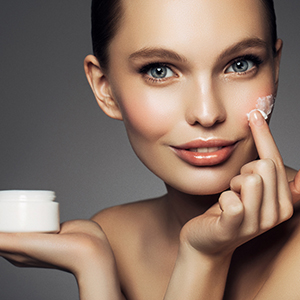The Impact of Mindfulness in Dermatology

“Mindfulness” is defined as “a mental state achieved by focusing one’s awareness on the present moment, while calmly acknowledging and accepting one’s feelings, thoughts, and bodily sensations, used as a therapeutic technique.” Recently, The National Center for Biotechnology Information (NCBI) published a study on “the importance of mindfulness in psychosocial distress and quality of life in dermatology patients.” They found that those with chronic dermatological issues often had higher rates of anxiety and depression than the rest of the populace, as well as a decreased quality of life. Their objective was to determine the connection between psychosocial anxiety and mindfulness in these patients. The study was conducted in the United Kingdom with adults who had clearly visible dermatological issues.
Participants of the study then completed questionnaires which aimed to asses the severity of their disease, their quality of life, depression, anxiety and mindfulness. They found that significant social anxiety was present in 33.4% of the participants and that 26.7% stated their skin condition had a large, direct impact on their quality of life. Perhaps unsurprisingly, participants with more visible and severe skin conditions felt high levels of distress. However, participants who had higher levels of mindfulness (meaning they were more presently aware and practiced nonjudgmental thinking) experienced lower levels of distress, whether they had a more severe skin condition or note.
The reviewers therefore concluded that therapy techniques such as cognitive behavior therapy, habit reversal, and mindfulness can be a beneficial practice for physical and patients in the dermatology field.
